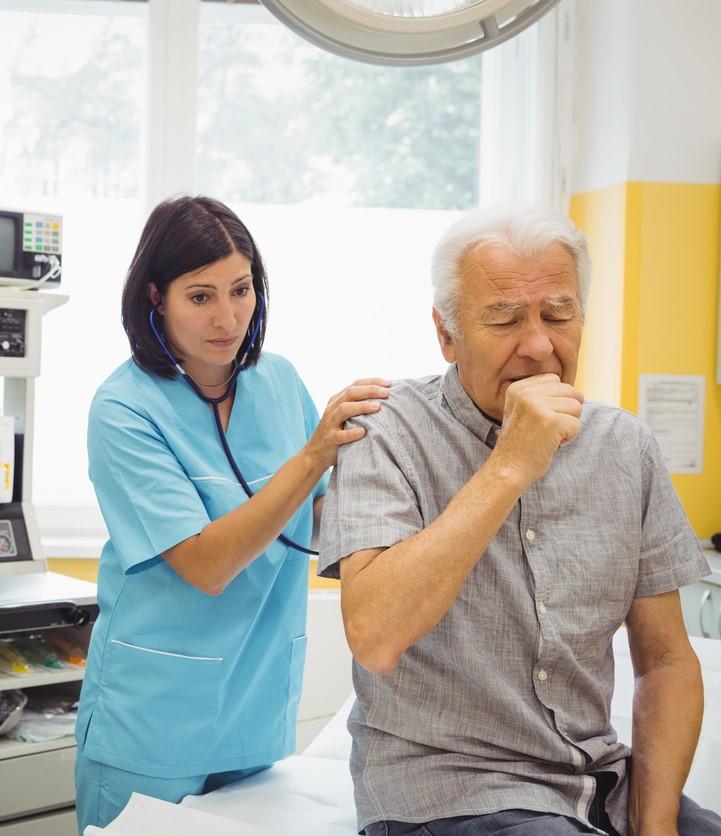
A study of primary care patients and providers in five European countries found that antibiotic prescriptions for common respiratory infections (RTI), even those caused by viruses, are often prolonged, European researchers reported today in JAC-Antimicrobial Resistance.
For the study, researchers examined data on consecutive patients presenting with RTI symptoms at general practices and out-of-hours services in France, Greece, Lithuania, Poland, and Spain during two winter periods (February to April 2022 and 2023). The data were from a before-and-after study conducted to enhance antibiotic prescribing in primary care settings. Clinicians in the study recorded patient age, gender, RTI diagnosis, type of antibiotic prescribed, and treatment duration.
Of the 11,270 RTI cases registered by 196 clinicians (133 in general practice and 63 in out-0f-hours services), antibiotics were prescribed in 3,835 cases (34.0%). The highest prescribing rates were observed for pneumonia (85.0%), acute otitis media (82.9%), acute exacerbations of chronic obstructive pulmonary disease (77.9%), acute rhinosinusitis (67.8%), and acute pharyngotonsillitis (63.7%). The prescribing rate ranged from 51.5% in Greece to 27.5% in Spain.
The mean antibiotic course duration was 7.52 days. Antibiotic courses were significantly longer for pneumonia, COVID-19 infection, and pharyngotonsillitis (8.01, 8.00, and 7.74 days, respectively) and lowest for predominantly viral infections such as the common cold and flu infection, laryngitis, and acute bronchitis (6.32, 6.48, and 6.98 days, respectively). The mean duration was longest in Greece (8.54 days) and shortest in France (6.53 days). A total of 26.7% of the courses were prescribed for 10 days or longer.
Unnecessary antibiotic exposure for self-limiting, mostly viral infections
The study authors note that while 8 days of antibiotics for pneumonia exceeds the 5-day regimen recommended by the latest guidelines, the bigger concern is that patients with self-limiting and predominantly viral RTIs received nearly 7 days of antibiotics.
"Not only are these extended courses unnecessary, but they also subject individuals to prolonged therapy, carrying potential deleterious effects," they wrote. "It is crucial to restrict antibiotic exposure, particularly for these self-limiting and predominantly viral RTIs, to mitigate AMR and minimize adverse effects."


.jpg)
















